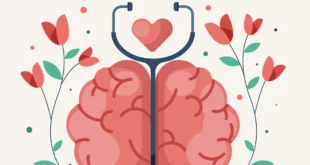By: Michelle Hua
Almost everyone loves music: with so many genres to choose from, there’s always something that someone will enjoy. Generally, music is seen as a form of art and/or entertainment. However, music has been shown to benefit people’s health.
Lessening pain:
Music can affect activity in the brain, including pain signals. Listening to music can help to reduce pain. Studies have shown that patients who listened to music after surgery felt less pain and was happier than patients who did not listen to music after surgery.
Improving memory:
Since most music is fairly repetitive, it can help train our brains to recognize patterns and enhance our memory. The repetitiveness of music also helps to stimulate memory. Music has even been shown to help patients with Alzheimer’s and dementia.
Reducing stress:
Music’s beat can help to relieve stress. When listening to music with around 60 beats a minute, certain brainwaves will synchronize with the music, producing stress-relieving effects. Slower music, like classical music, can lower blood pressure and slow heart rates, which also helps to reduce stress.
Provides Comfort:
After a long day, many people relax by listening to music. Music’s link to emotions and memories helps to soothe people. It has shown to be effective enough to be used for therapy as well.
 Tempus Magazine By Students, For Students
Tempus Magazine By Students, For Students 



